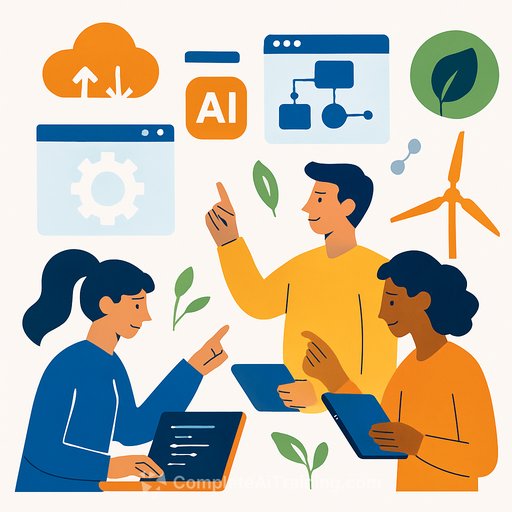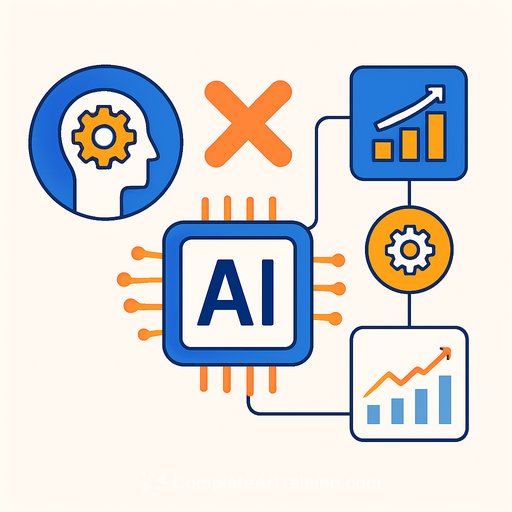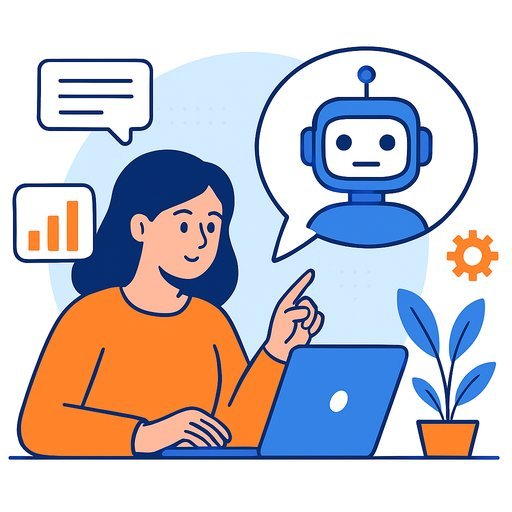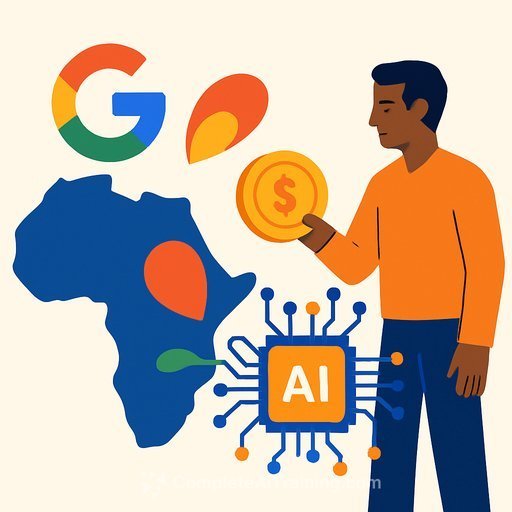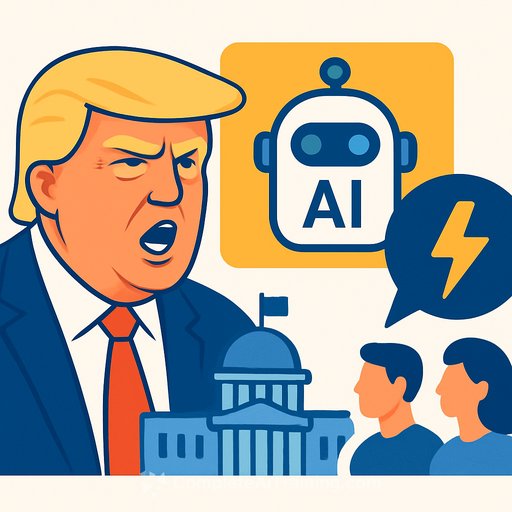Software development in 2025 and beyond is evolving beyond writing code. It’s about creating innovative, automated solutions that quickly adapt to market demands. Emerging technologies such as AI, low-code platforms, and intelligent automation are changing how software is built and delivered. For IT professionals and tech leaders, understanding these trends is critical to staying competitive—especially when collaborating with a leading Software Company in Germany.
1. Artificial Intelligence in Software Development
AI is reshaping every stage of software development: coding, testing, debugging, and deployment. Tools like GitHub Copilot and Tabnine already assist developers by suggesting code snippets in real time. By 2025, AI will move beyond assistance and take on more autonomous roles—analyzing codebases, optimizing algorithms, and enabling predictive analytics to prevent failures or security risks. AI-powered natural language processing is also driving the rise of voice-activated and chatbot applications.
Teams that adopt AI-first strategies will produce smarter, faster, and more secure software. This shift is essential for businesses aiming to improve both innovation and performance.
2. Low-Code and No-Code Platforms Gain Traction
Low-code and no-code platforms are making software development accessible to business users without deep programming skills. These platforms use visual interfaces and drag-and-drop tools to reduce development time and costs, increasing agility. By 2025, over 70% of new applications are expected to be built on these platforms.
This trend benefits startups and SMEs by speeding up market entry, while large enterprises can allocate developers to more complex problems. While not a complete replacement for traditional coding, low-code solutions are essential for rapid prototyping, internal apps, and workflow automation. Partnering with a Software Company in Germany that integrates low-code can accelerate scalable solution delivery.
3. Cloud-Native Development Becomes Standard
With remote work and distributed teams becoming the norm, cloud-native development is essential. This approach builds applications specifically for cloud environments using microservices, containers like Docker, and orchestration tools such as Kubernetes. In 2025, cloud-native applications will offer unmatched agility, scalability, and resilience.
Developers can deploy updates without downtime and design systems that automatically scale with demand. Germany’s advanced infrastructure and focus on secure cloud environments make it a prime location for cloud-native innovation, especially in industries like finance and healthcare.
4. Cybersecurity by Design
Security is integrated into every phase of development through "shift-left" strategies and DevSecOps pipelines. Businesses demand software that is secure by default due to rising cyber threats. Tools like static and dynamic code analysis, real-time vulnerability scanners, and AI-driven threat detection are now standard.
Compliance with regulations such as GDPR is also critical. Software companies in Germany excel at delivering secure, privacy-focused solutions that meet strict data protection standards.
5. Edge Computing Reshapes Deployment
Edge computing processes data closer to its source, reducing latency and improving performance for time-sensitive applications. Industries such as manufacturing, healthcare, and logistics rely on edge computing for real-time decision-making.
In Germany, where Industry 4.0 is accelerating, edge computing is central to software strategies for smart factories and IoT devices. This requires new architectural patterns and data management approaches to support responsiveness and reliability.
6. AI-Enhanced Software Testing
Manual testing is slow and error-prone. AI-powered testing automates test case generation, prioritization, and adaptation to code changes. Intelligent testing frameworks analyze previous builds and identify issues with greater accuracy.
In CI/CD pipelines, AI ensures faster, more reliable deployments. Choosing a Software Company in Germany with expertise in intelligent QA systems boosts both product quality and delivery speed.
7. Sustainability-Driven Development
Sustainability is becoming a key focus in software engineering. This includes energy-efficient coding, green cloud computing, and carbon-aware application design. Developers now optimize algorithms to reduce energy consumption while maintaining performance.
Adopting sustainable DevOps practices minimizes resource use without sacrificing functionality. In Germany, where environmental responsibility is a priority, green software development aligns with ESG goals and enhances brand value.
8. Cross-Platform Development & Progressive Web Apps (PWAs)
With the growing diversity of devices, supporting multiple platforms is essential. Frameworks like Flutter, React Native, and Xamarin allow developers to build performant apps with a single codebase. PWAs combine the accessibility of the web with native app capabilities—they load quickly, work offline, and install easily without app store approval.
Software companies prioritize cross-platform compatibility to reach users across desktops, mobiles, and wearables, improving adoption and engagement.
Final Thoughts
Software development’s future demands speed, intelligence, and flexibility. AI, low-code platforms, edge computing, and cloud-native approaches are becoming foundational for digital transformation. Both startups and enterprises must adapt to these changes to stay competitive.
Working with a forward-thinking Software Company in Germany ensures access to advanced tools, security, and scalable infrastructure. Those who embrace these shifts early will shape the next phase of digital growth. The time to invest in future-ready software strategies is now.
```Your membership also unlocks:

